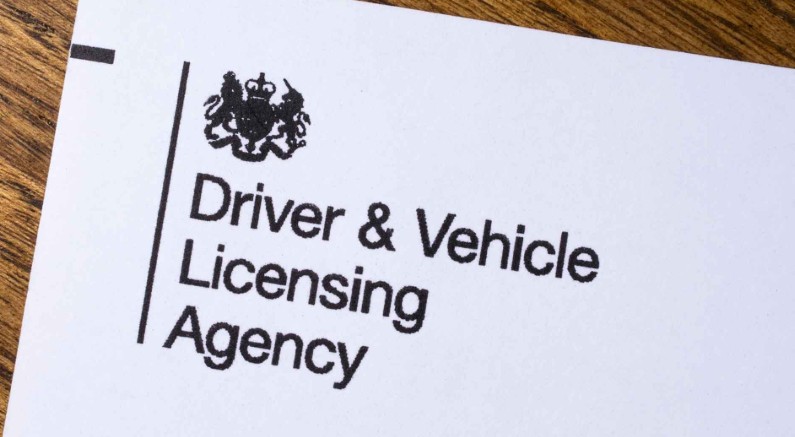A new DVLA rule coming into effect in 2025 has put many UK motorists on alert, as it could result in fines of up to £1,000 for anyone whose vehicle details don’t match official records.
While the update has been welcomed by classic car lovers, modified car owners, and drivers who’ve converted their vehicles to electric power, it has also opened the door to delays and admin issues that may catch people out.
The rule allows classic, modified, and electric-converted vehicles to keep their original registration plates, which many see as a positive move for car identity and heritage.
However, experts warn that the DVLA’s already busy system could become even more stretched, increasing the risk of incorrect or outdated logbook details.
DVLA Delays Raising Fresh Concerns
Chris Coops, Number Plate Specialist at Mr Plates, has stressed the potential problems motorists could face. He warned that delays in receiving updated V5C logbooks may lead to mistakes remaining on a vehicle’s record.
For anyone who has made major changes, especially fuel-type conversions, incorrect DVLA entries could cause serious complications.
This is more than just a bit of paperwork going missing. If the DVLA records show a car as petrol-powered when it has been converted to electric, automated checks may detect a mismatch.
Incorrect Vehicle Details Could Trigger £1,000 Penalties
The DVLA database plays a crucial role in helping police and local authorities verify vehicles, particularly through ANPR cameras used across the UK.
If a car’s details don’t match what appears on the system, drivers could face penalties of up to £1,000, even if the error is due to admin delays rather than deliberate wrongdoing.
It’s a reminder that something as simple as a wrong fuel type, outdated colour information, or missing modification details can lead to fines.
Key Points for UK Motorists
- Drivers could face £1,000 fines if their DVLA records don’t match their vehicle.
- Updating V5C logbooks may take longer due to the rule change.
- The DVLA must be notified immediately of any vehicle changes.
- ANPR cameras may flag mismatches in vehicle registration details.
- Errors can occur even if motorists have done nothing wrong.
What Drivers Should Do to Stay Safe?
To avoid problems with the DVLA or potential fines, motorists are being urged to double-check their documentation:
1. Review Your V5C Logbook
Make sure all your details, fuel type, colour, body type, and any major modifications are correct.
2. Keep Proof of Any Applications
Hold onto photos, digital copies, or receipts showing that you’ve submitted a request for changes. This can help if delays cause issues.
3. Notify the DVLA Immediately
Whether you’ve changed your vehicle’s engine, updated its paintwork, or carried out an electric conversion, always inform the DVLA as soon as possible.
The new DVLA rule has been welcomed by many in the motoring community, especially those passionate about preserving the identity of classic and modified vehicles. But with the extra admin load it creates, drivers are being encouraged to stay on top of their paperwork.
In a climate where ANPR enforcement is becoming increasingly common, and where accurate vehicle registration details are essential for avoiding fines, clarity and compliance are more important than ever.






